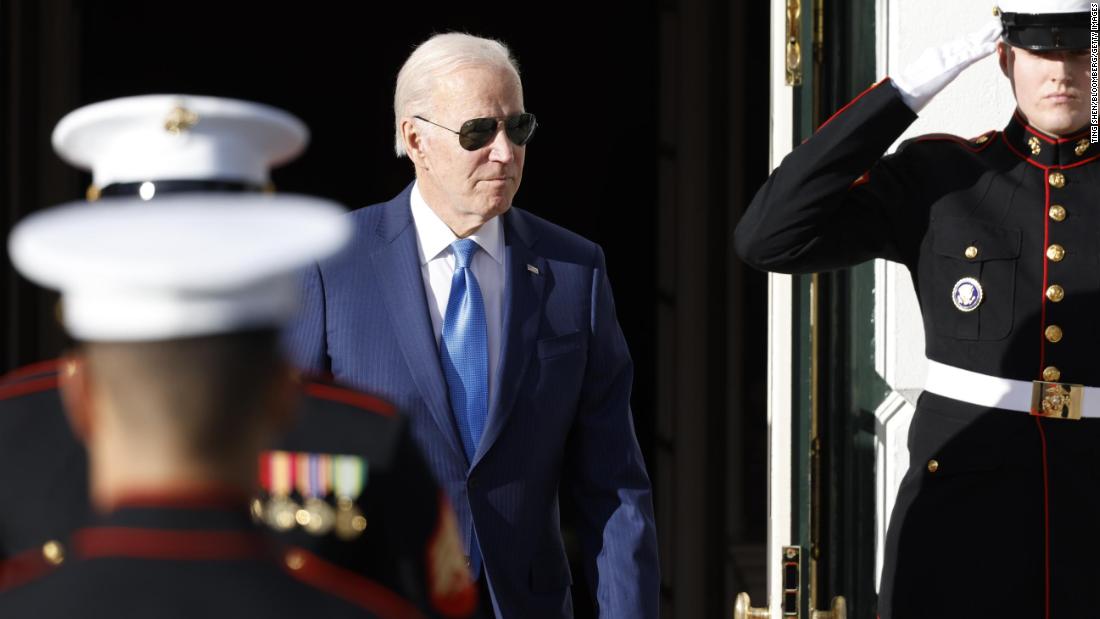Buffalo Shooting Exposes Weaknesses of Internet Antiterrorism Accord
Experts say tech companies remain far from being able to fireproof their platforms, and advances in artificial intelligence may not be enough to meet the challenge

The live-streaming of a shooting rampage at a supermarket in Buffalo, N.Y., demonstrated the strengths and limitations of the Christchurch Call, a global accord to counter the spread of terrorist content online which was launched after a white supremacist murdered 51 people at two mosques in Christchurch, New Zealand in 2019, live-streaming the attacks on Facebook, reports the Wall Street Journal. The goal was to forge a coordinated response by social-media companies when violent, extremist videos are broadcast on their platforms.
However, the Buffalo shooting shows that tech companies remain far from being able to fireproof their platforms, and advances in artificial intelligence may not be enough to meet the challenge. Areas that need further effort include understanding the role of algorithms in exposing people to violent extremism and designing interventions. Experts say that while the Call had been expected to look beyond its immediate focus on stopping the spread of the Christchurch video from tackling why hatred based on factors such as religion and race flourishes online, it has since stopped. Meanwhile, more than 60 civil-society organizations opposed legislation adopted by the European Union parliament in April 2021 that requires online platforms to remove terrorist content within an hour of its being flagged, saying the law was open to abuse by governments and could encourage excessive censorship and threaten freedom of expression.

 Landwebs
Landwebs 


















